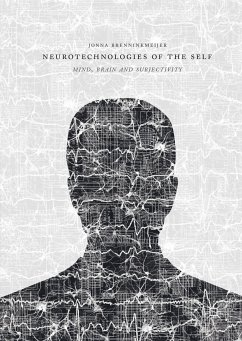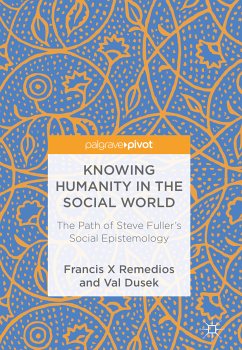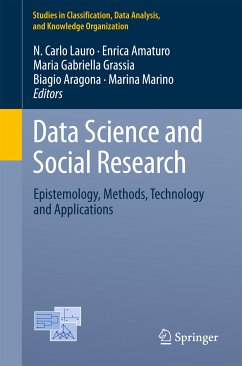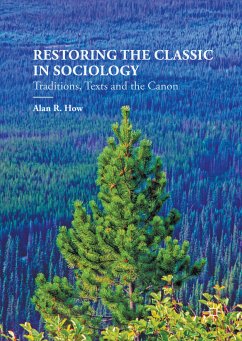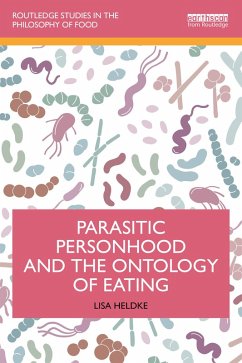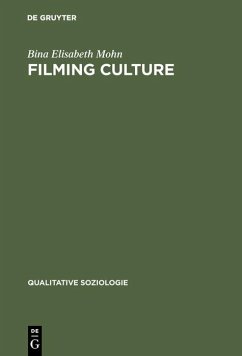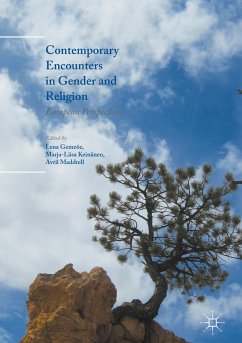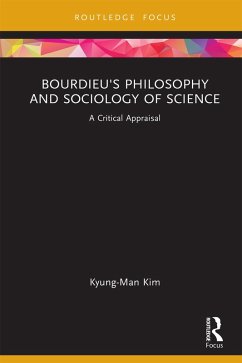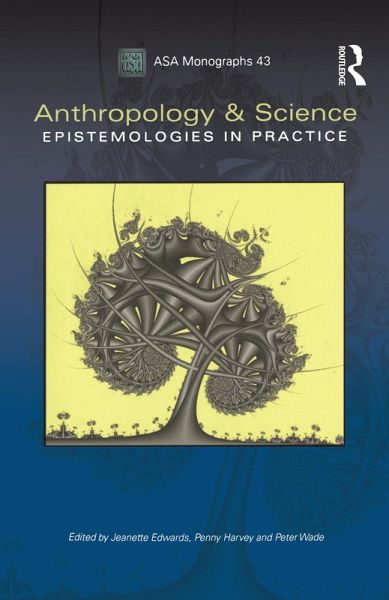
Anthropology and Science (eBook, PDF)
Epistemologies in Practice
Redaktion: Edwards, Jeanette; Wade, Peter; Harvey, Penny
Versandkostenfrei!
Sofort per Download lieferbar
39,95 €
inkl. MwSt.
Weitere Ausgaben:

PAYBACK Punkte
20 °P sammeln!
What does it mean to know something - scientifically, anthropologically, socially? What is the relationship between different forms of knowledge and ways of knowing? How is knowledge mobilised in society and to what ends? Drawing on ethnographic examples from across the world, and from the virtual and global 'places' created by new information technologies, Anthropology and Science presents examples of living and dynamic epistemologies and practices, and of how scientific ways of knowing operate in the world. Authors address the nature of both scientific and experiential knowledge, and look at...
What does it mean to know something - scientifically, anthropologically, socially? What is the relationship between different forms of knowledge and ways of knowing? How is knowledge mobilised in society and to what ends? Drawing on ethnographic examples from across the world, and from the virtual and global 'places' created by new information technologies, Anthropology and Science presents examples of living and dynamic epistemologies and practices, and of how scientific ways of knowing operate in the world. Authors address the nature of both scientific and experiential knowledge, and look at competing and alternative ideas about what it means to be human. The essays analyze the politics and ethics of positioning 'science', 'culture' or 'society' as authoritative. They explore how certain modes of knowing are made authoritative and command allegiance (or not), and look at scientific and other rationalities - whether these challenge or are compatible with science.
Dieser Download kann aus rechtlichen Gründen nur mit Rechnungsadresse in A, B, BG, CY, CZ, D, DK, EW, E, FIN, F, GR, HR, H, IRL, I, LT, L, LR, M, NL, PL, P, R, S, SLO, SK ausgeliefert werden.




